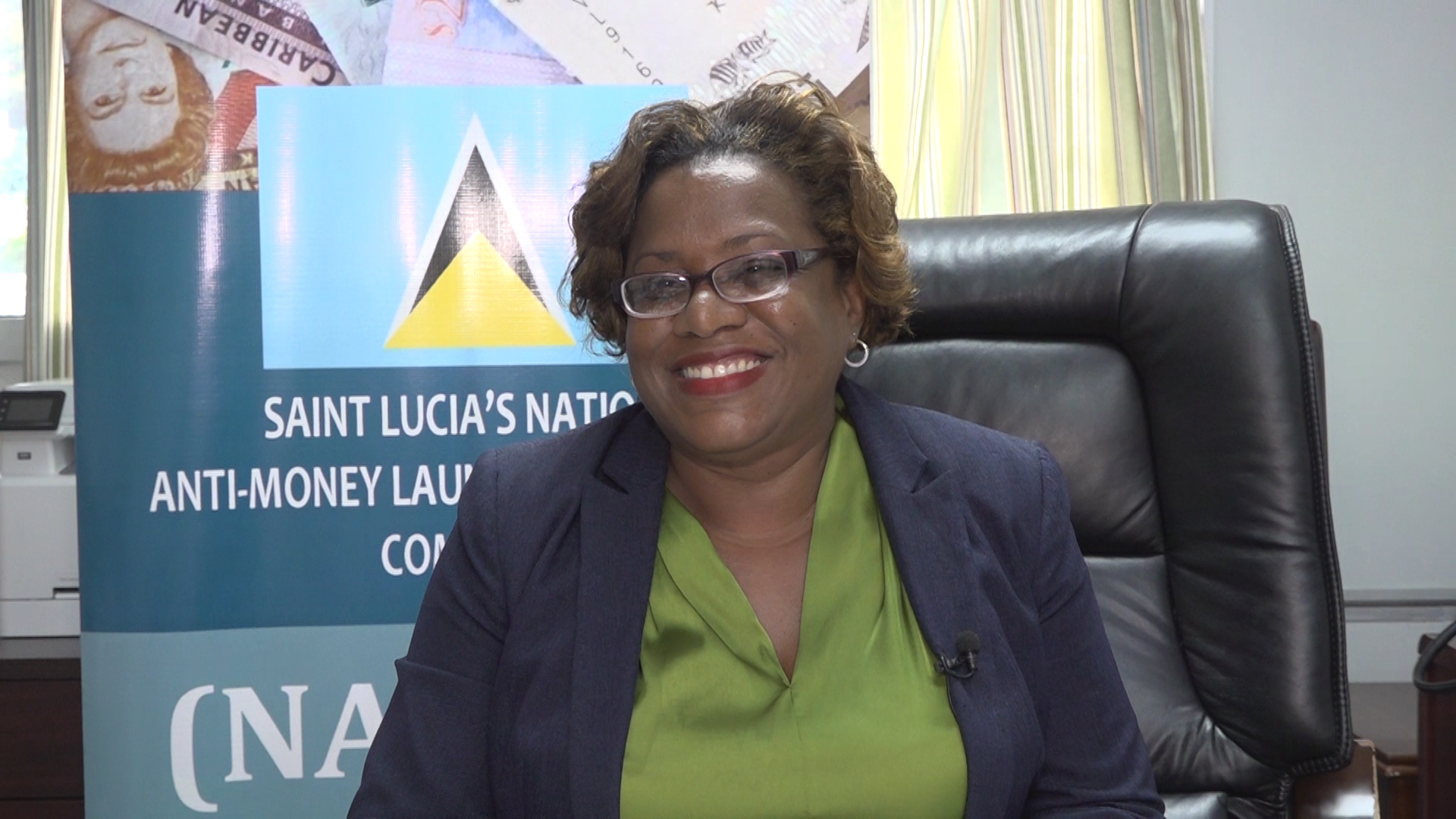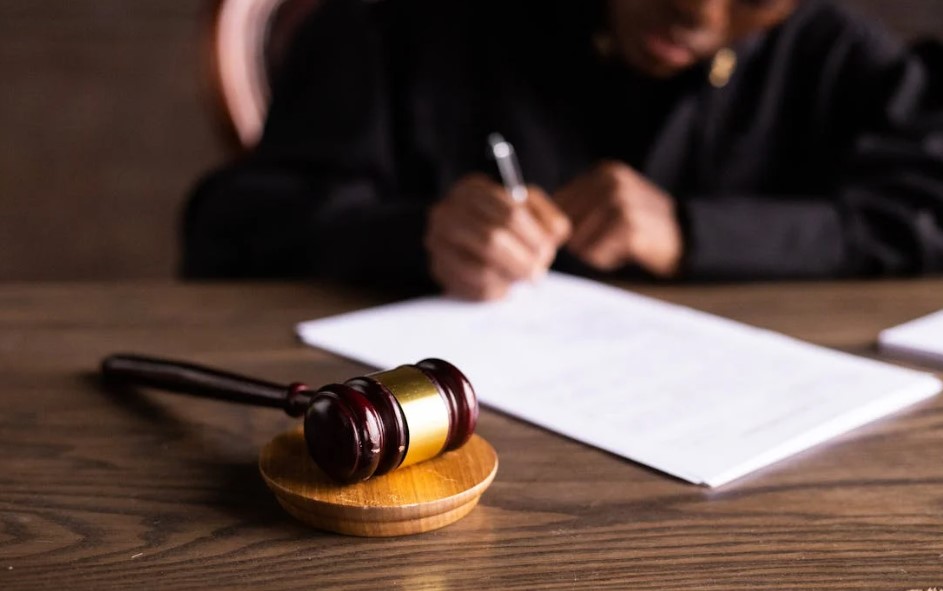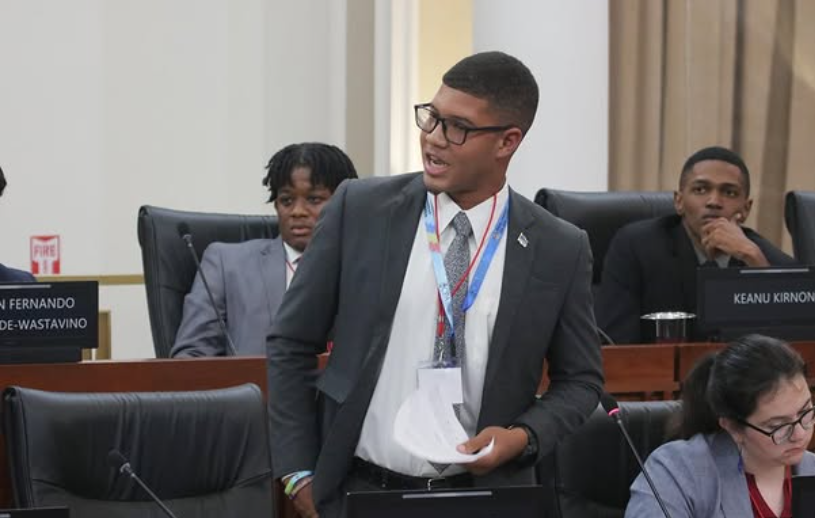

For years in Saint Lucia, justice has balanced on a tightrope – between silence and fear. Those with crucial information about crimes have stayed quiet, not for lack of willingness to help, but out of fear for their lives, their families, and the consequences of what might happen if their names became public.
But change may finally be coming.
The Government of Saint Lucia is on the verge of a breakthrough: a formal, fully-funded Witness Protection Programme, backed by legislation, resources, and, perhaps most critically, a renewed commitment to making justice safer for those who risk everything to tell the truth.
At a recent press conference, Acting Police Commissioner Verne Garde spoke plainly.
“It really restricts the police in general, when individuals would have serious matters and come to the police and just ask for this thing to be placed on record, without giving us the real strength that we need to go pursue investigations,” he said.
That fear is far from unfounded. In Saint Lucia, witnesses, especially in high-profile cases, have long felt exposed. The country has operated without a dedicated witness protection law, relying instead on patchwork measures like temporary safe houses or short-term relocations. While these have helped in some cases, they’ve often fallen short.
Now, Garde urges the public to collaborate more closely with law enforcement, assuring that resources are in place for those who come forward.
“We’ve seen real progress over the last 180 days,” he said. “This is not just talk – we’re ready to act.”
The momentum is undeniable. Juliana Alfred, permanent secretary in the Attorney General’s Chambers and chair of the National Anti-Money Laundering Oversight Committee (NAMLOC), confirmed that draft legislation for the witness protection programme had already been circulated for feedback, with public consultations forthcoming.
The announcement coincides with Saint Lucia’s review under the United Nations Convention Against Corruption (UNCAC), an opportunity to demonstrate reforms and address long-standing gaps in the justice system.
This time, Alfred stressed, the government is serious.
“We’ve invested a lot,” she said. “There’s real movement now, and with the legislation in place, we can finally make the programme official.”
Even before this push, voices within the justice system had been calling for action.
At the opening of the 2018/2019 Law Year, Director of Public Prosecutions Daasrean Greene spoke candidly about case backlogs choking the High Court and the corrosive impact of witness intimidation.
“We need a structured, sustainable witness protection programme,” he insisted. “And we should seriously consider laws that allow for witness anonymity.”
Court records show the criminal division disposed of 733 cases in 2017, but with sporadic court operations and strained infrastructure, Greene warned that delays were mounting – eroding trust in the system and leaving victims and witnesses disillusioned.
He expressed hope that upgrades, like retrofitting court buildings, would help. Yet no physical safeguard can offer what the law can: real protection. And that’s where the new programme could prove transformative.
Saint Lucia has needed this for far too long. Without it, too many stories go untold, too many criminals evade consequences, and too many lives remain in limbo.
This legislation, paired with enhanced police training, inter-agency coordination, and community trust-building, could rewrite that narrative. It won’t fix everything overnight, but it might give a terrified mother, a hesitant teen, or a crucial eyewitness the courage to step forward.
Because justice cannot function without people willing to speak the truth – and those people should never have to risk their lives to do so.
Related News

Castries Man to Face High Court on Handling Stolen Goods Charge

Modeste and Lions Set World Lead, School Record

Xpressionz Carnival Band Unveils 2025 Theme Celebrating Tradition, Creativity, Climate Action


